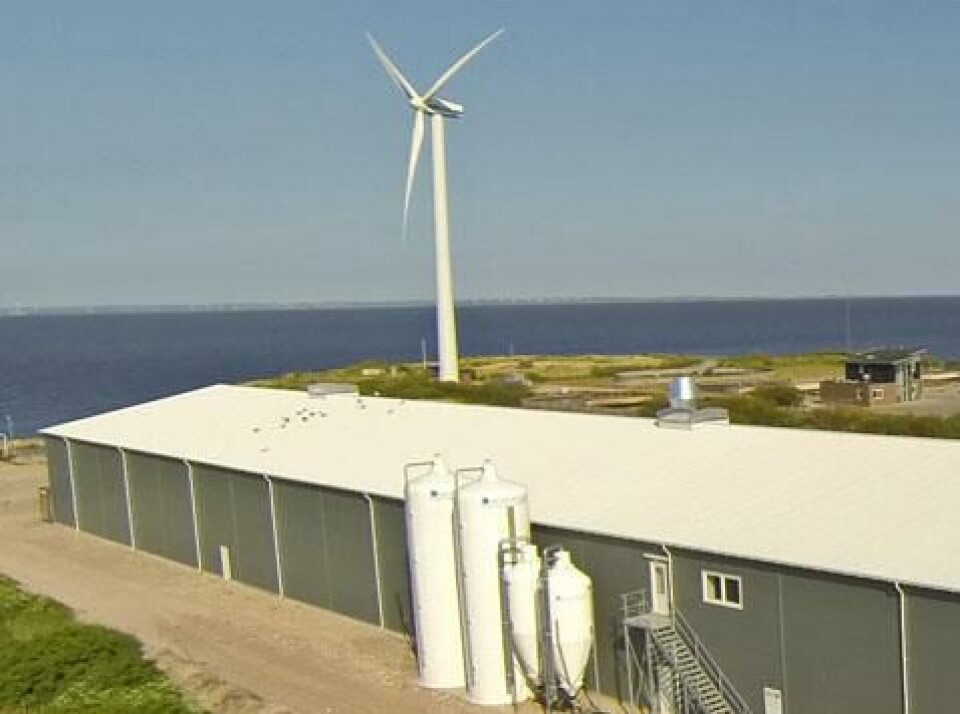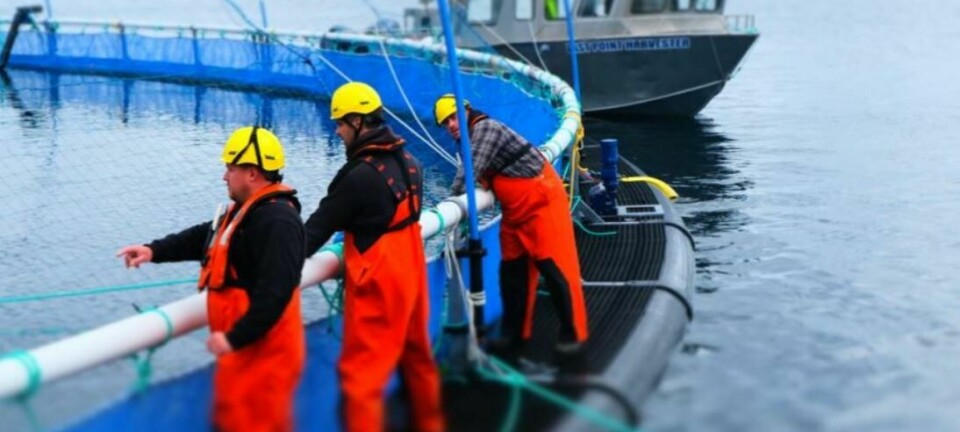
Land farm’s entire grow-out stock wiped out
A land-based salmon farm has lost 250 tonnes of fish – its entire grow-out stock – in under 24 hours after being hit by a “sudden and unexpected” mortality.
The incident occurred at Atlantic Sapphire’s Danish subsidiary Langsand Laks, and at present the company believes it was caused either due to toxins produced inside the plant, from the water intake or from criminal acts (sabotage).

In a letter sent to shareholders, Atlantic Sapphire CEO and chairman Johan E Andreassen said there were “no visible indications of any elevated risk factors including reduced appetite or heightened mortality” prior to the incident.
Langsand Laks’ grow-out system has been running for the last two years with a low mortality of about 10 fish per day on a standing stock of approximately 225,00 to 250,000 fish.
The smolt unit, which runs with a freshwater system, was not affected by the incident on June 29/30.
Andreassen said Langsand has initiated “comprehensive investigations and testings to identify the cause of the incident”. These will include lab tests of fish and water quality as well as on-site investigations.
Contamination
“Preliminary analysis indicates that the mortality was not caused by technical errors or disease, but most likely some sort of contamination,” he told shareholders. In the letter Andreassen said the financial affect for Langsand “is expected to be limited as the operations are insured, and the company is of the opinion that there are no indications at this point that implies that the incident will have a material financial impact on the company’s long-term business plan”.
In mid-June Atlantic Sapphire announced it was seeking investment of about $105 million to scale up its operations in Denmark and finish construction of a much larger facility in Miami.
Andreassen told Norwegian website iLaks: “Disease outbreaks, algae outbreaks, parasites and toxins are common problems in farming.
“While land plants have obstacles to stop most of these problems, there is no absolute guarantee. Since inception, the company has been aware that Longsand Salmon has only one growing facility, and is thus exposed if something happens.
“This explains why the best way to reduce these outbreaks is to build more independent systems in future designs. US phase one alone will have six independent, bio-secure growing facilities, which increases to 20 independent growth systems in phase 2.”






















































